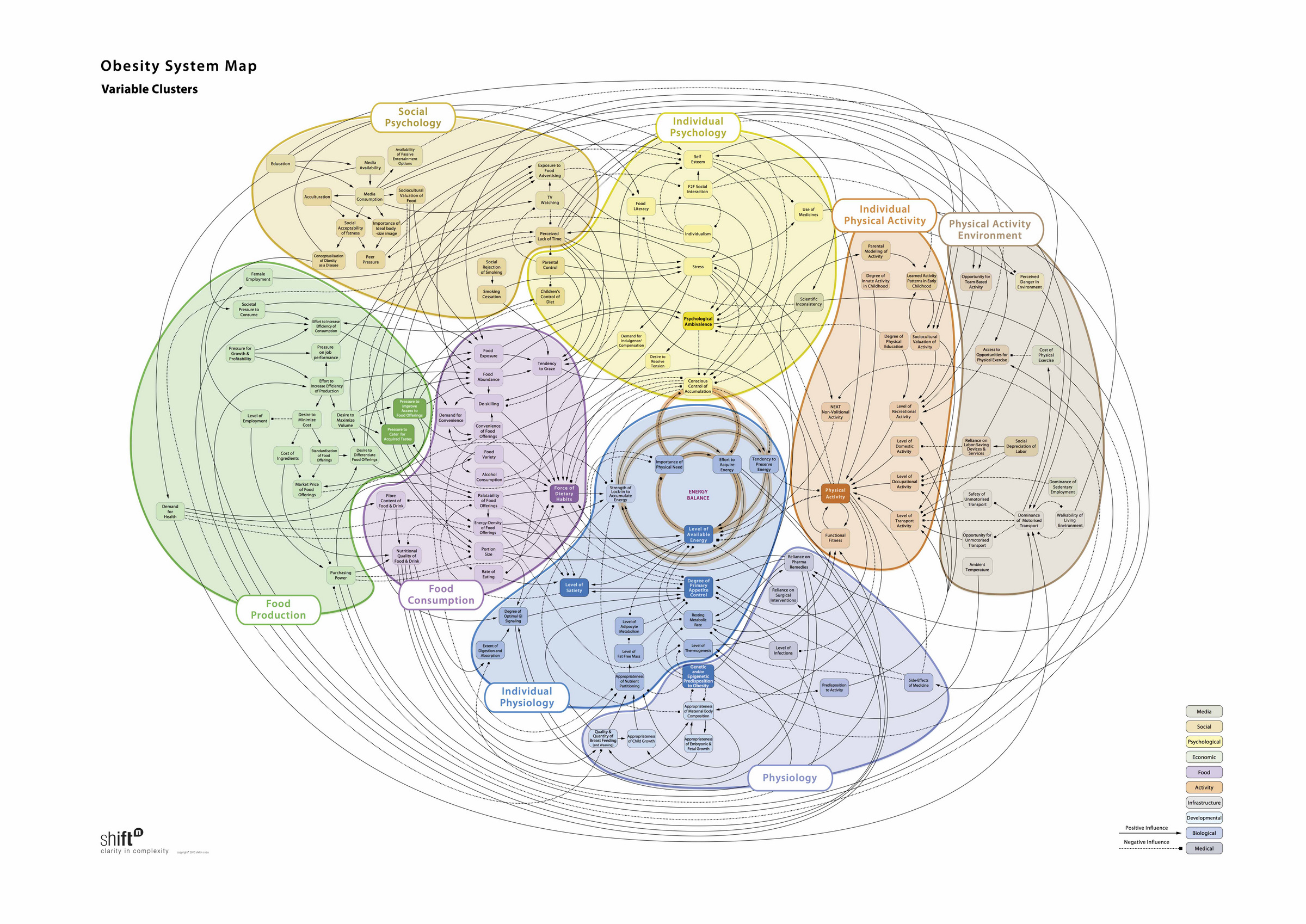Obesity: Chasing a Simple Answer in Carbs and Insulin
 Simplicity sells while complexity crashes. So for years, a simple idea has dominated our thinking about obesity. It is merely a matter of letting the balance of calories in and out – energy balance – get out of hand. For decades, scientists have known that the story is more complex, but simplicity has staying power. An alternative to the simplicity of energy balance thinking is to explain obesity as a problem of carbs and insulin getting out of whack.
Simplicity sells while complexity crashes. So for years, a simple idea has dominated our thinking about obesity. It is merely a matter of letting the balance of calories in and out – energy balance – get out of hand. For decades, scientists have known that the story is more complex, but simplicity has staying power. An alternative to the simplicity of energy balance thinking is to explain obesity as a problem of carbs and insulin getting out of whack.
David Ludwig is an energetic proponent of this carbohydrate-insulin model for obesity. Yesterday, the American Journal of Clinical Nutrition published what he calls a “full formulation” of that model. He would like to see his model displace energy balance as the dominant framework for thinking about obesity. It is an opinion piece, not a systematic review.
Eat Less, Move More Fails
As appealing as the idea of energy balance is, the problem is that it’s not terribly helpful for overcoming obesity. The prescription it favors is advice to eat less and move more. Ludwig and 16 distinguished colleagues write that this advice has brought us a big public health failure in obesity. We’ve tried educating, coaching, and nudging people to eat less and move more. But still obesity rates keep going up.
So the simplistic concept of energy balance must be failing us.
It Must Be the Carbs and Insulin
Ludwig et al say that all we need to do is turn the thinking upside down. Increasing fat storage drives hormones to disrupt normal energy balance:
“An alternative paradigm, the carbohydrate-insulin model (CIM), proposes a reversal of causal direction. According to the CIM, increasing fat deposition in the body – resulting from the hormonal responses to a high-glycemic-load diet – drives positive energy balance.”
Thus, energy imbalance is the result not the cause of obesity according to this thinking. Carbs and insulin are the culprits. Moreover, all that stuff we’ve always heard about “highly palatable, energy-dense processed foods” misses the point. Instead, it’s all about the carbs and insulin.
Can We Face the Complexity of Obesity?
Not everyone is on board with this unified theory of obesity. Stanford’s Christopher Gardiner writes:
“I truly think David Ludwig et al design and conduct elegant studies. The AJCN perspective on carb-insulin model is provocative.
“Our DIETFITS results don’t support the carbohydrate insulin model.”
 After four decades of grappling with obesity and its origins, it seems obvious that this is a complex problem. So simple models don’t tell the whole story. In fact, the debate about energy balance versus carbs and insulin to explain obesity is becoming absurd.
After four decades of grappling with obesity and its origins, it seems obvious that this is a complex problem. So simple models don’t tell the whole story. In fact, the debate about energy balance versus carbs and insulin to explain obesity is becoming absurd.
Obesity is more than one thing. It has more than one cause. It is the product of complex, adaptive systems interacting. Carbs and insulin are certainly part of the story of obesity. But if you must have a simple answer to why we have so much obesity, then here you go – it’s complicated.
Click here for the paper by Ludwig et al and here for an exuberant post by co-author Gary Taubes to promote it. For alternate perspectives, click here and here.
Boy with Butterfly Net, painting by Henri Matisse / WikiArt
Subscribe by email to follow the accumulating evidence and observations that shape our view of health, obesity, and policy.
September 14, 2021

September 14, 2021 at 1:33 pm, David Ludwig said:
“He would like to see his model displace energy balance as the dominant framework for thinking about obesity”
After repeated (>12) dismissals of the CIM with weak and confounded evidence, what I would like to see is rigorous debate on the science. Furthermore, we explicitly recognize in our paper that the truth may reside in the middle and that new models may be needed. Keep in mind, “it’s complicated” is neither a testable nor actionable model for obesity pathogenesis.
September 14, 2021 at 1:43 pm, Ted said:
Thanks, David. Rigorous debate on science is a good thing. Something other than a simple binary debate sounds good, too.
On dealing with something that’s complicated, you’re absolutely right that it’s tough to test. In fact, looking for a singular explanation for a heterogeneous condition might be very frustrating, just as searching for a singular cure for cancer 50 years ago was.
https://doi.org/10.1001/jama.2013.281501
September 17, 2021 at 2:14 pm, Jamie Leslie said:
In two pilot studies instructing people in how to limit carbohydrate intake to moderate levels, about 50% have lost weight. That’s not 100%, but it would be nice if we could take 50% of people who are overweight off the table and then deal with the people who have more complex issues using other methods.
September 17, 2021 at 5:29 pm, Ted said:
It is true that some people can lose weight by limiting carbohydrates. A smaller number can maintain a lower weight with this strategy for longer periods of time. But research suggests that it is not uniformly effective and it is not superior to other strategies for weight reduction: https://conscienhealth.org/2019/07/low-fat-or-low-carb-results-will-vary/